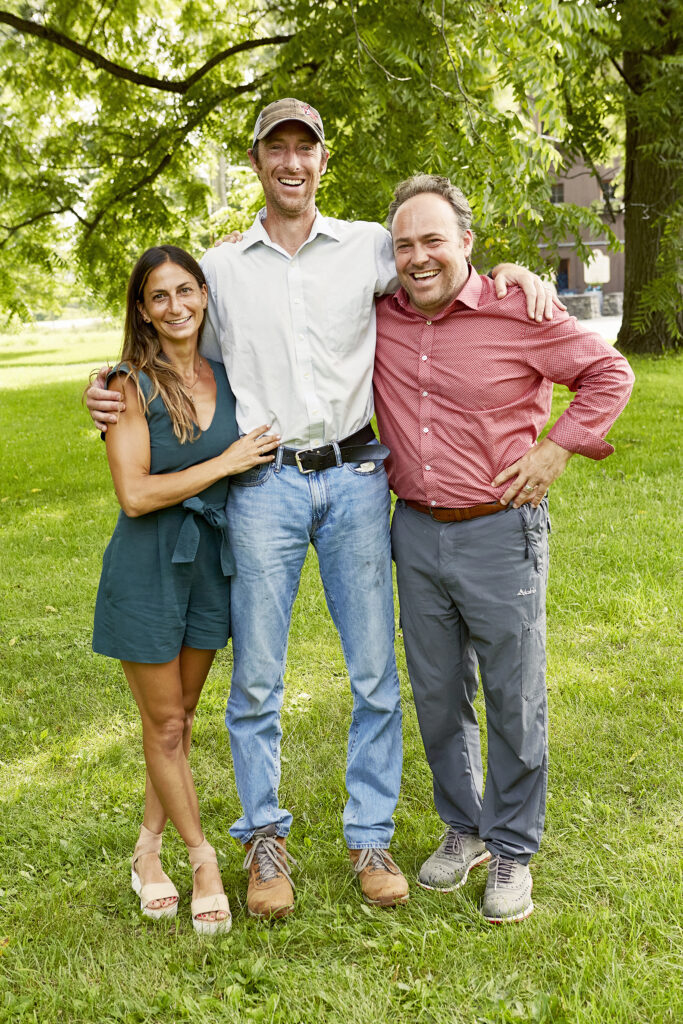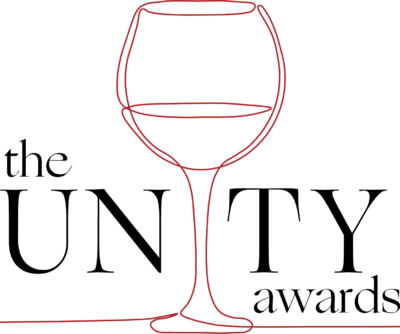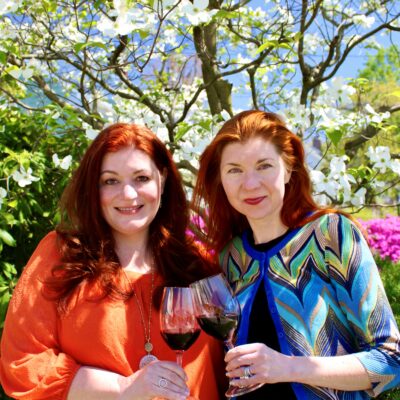
Hermann J. Wiemer Vineyard has consistently evolved since it was founded in 1979.
“We are always pushing ourselves to move forward,” says Oskar Bynke, co-owner of Hermann J. Wiemer. This unflagging effort was recognized this year by the New York Wine & Grape Foundation with the Winery of the Year Award for contributions to the advancement of the image and reputation of the New York wine industry.
“It felt like a true honor because it came from our peers,” Bynke says. “We have always challenged ourselves to elevate our wine-growing and making, and it’s incredible to have that hard work recognized.”
Planting a Future for Seneca Lake
The now-retired Hermann J. Wiemer founded his eponymous winery in 1979. His mother’s family has been making wine in Germany’s Mosel Valley for more than 300 years, and his father’s vine-grafting work helped restore the region after the devastation of World War II.
Wiemer imported a passion for winemaking and wine-growing to the Finger Lakes when he moved there in 1968, working first for Walter Taylor at Bully Hill Vineyards, before purchasing an abandoned soybean farm outside of Dundee, and began—against everyone’s advice—planting Vitis vinifera there.
“He was a huge advocate for Vitis vinifera,” Bynke says. “He saw what the pioneers like Konstantin Frank were doing around Keuka Lake.”
He believed that the soil and climate around Seneca Lake, similar to that of his native Mosel, would allow Riesling to flourish. His gut instinct was correct, and the vines flourished. In 1979, he released his first Riesling and Chardonnay, immediately earning medals and critical accolades.
Today, Wiemer’s vision lives on in 90 acres of prime vineyard real estate on the Western slopes of Seneca Lake. (Arguably, it is only considered premium due to his fearless flouting of conventional wisdom).
Over the years, Wiemer, and eventually his apprentice-turned-partner winemaker Fred Merwarth, continued to elevate their approach to terroir driven winemaking in the cellar and the field, insisting on indigenous yeasts for fermentation, planting cover crops well before that became a standard way to boost soil health and eliminating chemical herbicides.

In 2007, Wiemer retired and sold the business to Merwarth and Bynke.
“We are still great friends,” Bynke says. “He is not physically in the winery every day, but he still lives here and is very much part of the winery in spirit.”
Farming for the Future To Come
On their own, the pair doubled down on the “less is more” approach to farming and winemaking.
“Fred and I both live in the vineyard,” Bynke notes. “Our wives live there. Our children—Fred has two and I have two, ages 4 to 11—live there and run in the fields. We said to ourselves, ‘what more can we do?’”
Or, how much less could they do? In 2003, all herbicides and synthetic inputs were nixed. Next up: biodynamics.
“We saw how much healthier our soils and grapes were without herbicides and chemicals,” Bynke says. “We wanted to dig deeper and do more.”
In 2014, Thijs Verschuuren, who had studied biodynamics and worked in Demeter-certified vineyards in the Loire, joined the team and helped Bynke and Merwarth contend with New York’s challenging climate without an arsenal of chemical assistants.
“It is such a pleasure to work with young people who are so passionate about the health of the vineyard,” Bynke says. “This has not been easy, and I will never say, ‘oh yes, we have everything under control, it’s perfect,’ but our 33-acre home vineyard has been completely biodynamic for years now, and in April, we are on pace to be formally certified by Demeter.”
Eventually, the winery hopes to have all of its vineyard land certified biodynamic, on the western and eastern slopes of Seneca Lake.
“It makes an enormous difference in the quality of the wine,” he says. “Because the grapes come into the cellar healthier, Fred began to notice that as we eliminated more and more chemical treatments, the ferments improved. The nuances they showed site to site increased, and there were extra layers of texture and richness to the wines.”
Expanding Footprint To Minimize Risk
While Bynke and Merwarth can control a lot, they can’t control the weather.
“It is challenging to get consistent quantity and quality year to year if the weather is unpredictable,” Bynke says. “We work with Cornell a lot and experiment with clones, budwood, rootstocks and have planted or access to a range of grapes.”
Currently, their lineup includes Gewürtztraminer, Grüner Veltliner, Pinot Noir, Cabernet Franc, Blaufränkisch, Cabernet Sauvignon, Saperavi and Petit Verdot. Wiemer makes dry and dessert still wines and sparkling wines. But Bynke and Merwarth still wanted to diversify and hedge against disaster.
In 2017, Martha and Tom Macinksi called the pair and asked if they’d be interested in purchasing their winery, Standing Stone Vineyards.
“They were retiring, and we were all friends already,” Bynke says. “We really admired what they did, and we had purchased their fruit many times. Their 50-acre vineyard site is one of the best in the Finger Lakes because it’s so protected and well-drained.”
The opportunity seemed ideal.
“It was a great way to diversify and spread the risk because extreme weather can be very localized,” Bynke says.
They are now in the process of converting the farming to biodynamic at Standing Stone too.
“We find that this approach leads to more thought in the vineyard and the cellar,” Bynke says. “It has not been easy, but it has been worthwhile.”

About the Unity Awards
The Unity Awards were created in 1990 as a way to recognize, encourage, and celebrate cooperation among grape growers, wineries (and their staff), researchers, retailers and others to advance the entire industry. The winery and grower community in New York state has a rich history of working and succeeding together despite facing a variety of challenges through the years. Recognizing the longstanding and bold spirit of our community members and their numerous achievements, the New York Wine & Grape Foundation is proud to continue honoring industry leaders & champions of New York wine for more than 30 years.

